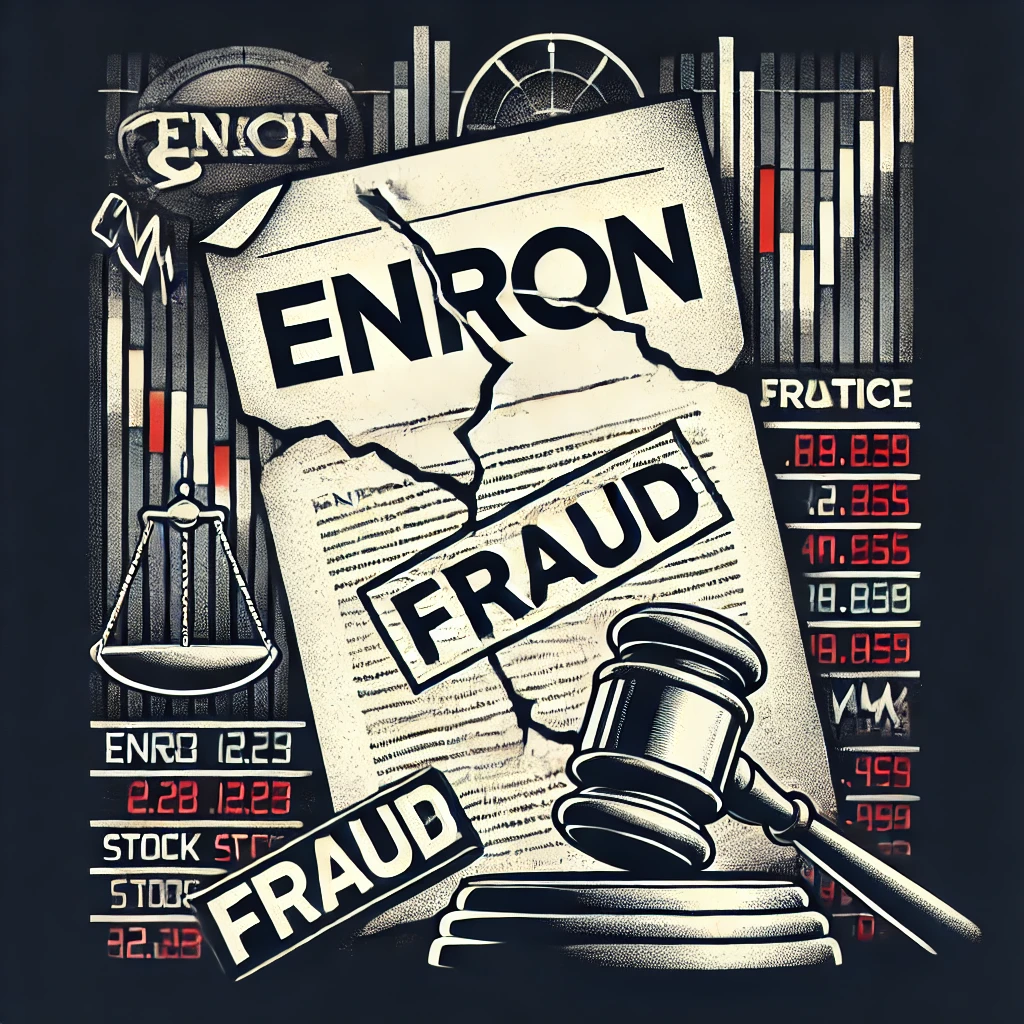On this day in 2001, Enron, once one of the largest and most admired corporations in the United States, filed for bankruptcy. This marked the largest corporate bankruptcy in U.S. history at the time and sent shockwaves through the business world. Enron had grown from a regional energy supplier to a global powerhouse, celebrated for its innovative business model and cutting-edge energy trading practices. However, the company’s meteoric rise was built on a foundation of deceit and unethical practices that unraveled spectacularly.

Enron’s downfall was triggered by the revelation of accounting fraud and financial mismanagement on a massive scale. The company’s executives used complex financial structures, such as special purpose entities, to hide debt and inflate profits. This deception misled investors and employees, many of whom lost their life savings when the company’s stock price plummeted. Enron’s bankruptcy exposed systemic issues in corporate governance and accounting practices that demanded immediate attention.
A Catalyst for Reform
The Enron scandal had a profound impact on corporate America, acting as a wake-up call for regulators, investors, and policymakers. It highlighted the need for greater transparency and accountability in financial reporting. In response, Congress passed the Sarbanes-Oxley Act of 2002, a landmark piece of legislation designed to prevent corporate fraud and improve the reliability of financial disclosures.

The Sarbanes-Oxley Act introduced strict requirements for auditing, financial reporting, and executive accountability. For instance, CEOs and CFOs were now required to personally certify the accuracy of financial statements, and severe penalties were established for fraudulent activities. This legislation not only changed the way businesses operated but also restored some level of trust in the financial markets, reassuring wary investors.
Lessons and Lasting Impacts

The Enron collapse remains a pivotal moment in business history, serving as a cautionary tale about the dangers of unchecked greed and the importance of ethical leadership. Business schools around the world use Enron as a case study to teach future executives the consequences of prioritizing short-term gains over long-term sustainability and integrity.
Furthermore, Enron’s demise reshaped corporate culture, emphasizing the value of whistleblowing and the importance of cultivating an ethical work environment. Whistleblowers like Sherron Watkins, who raised concerns about Enron’s practices, inspired legal protections for employees who expose corporate wrongdoing.
The Enron scandal also reinforced the need for investors to perform due diligence rather than relying solely on company-provided information. The collapse shattered the illusion of infallibility surrounding large corporations, encouraging a more critical and informed approach to investment and corporate oversight.
In hindsight, the fall of Enron was not just the end of a corporation but the beginning of a broader movement toward ethical business practices and stronger financial regulation. Over two decades later, the lessons of Enron remain relevant, reminding us of the critical importance of transparency, accountability, and integrity in shaping a sustainable corporate landscape.
